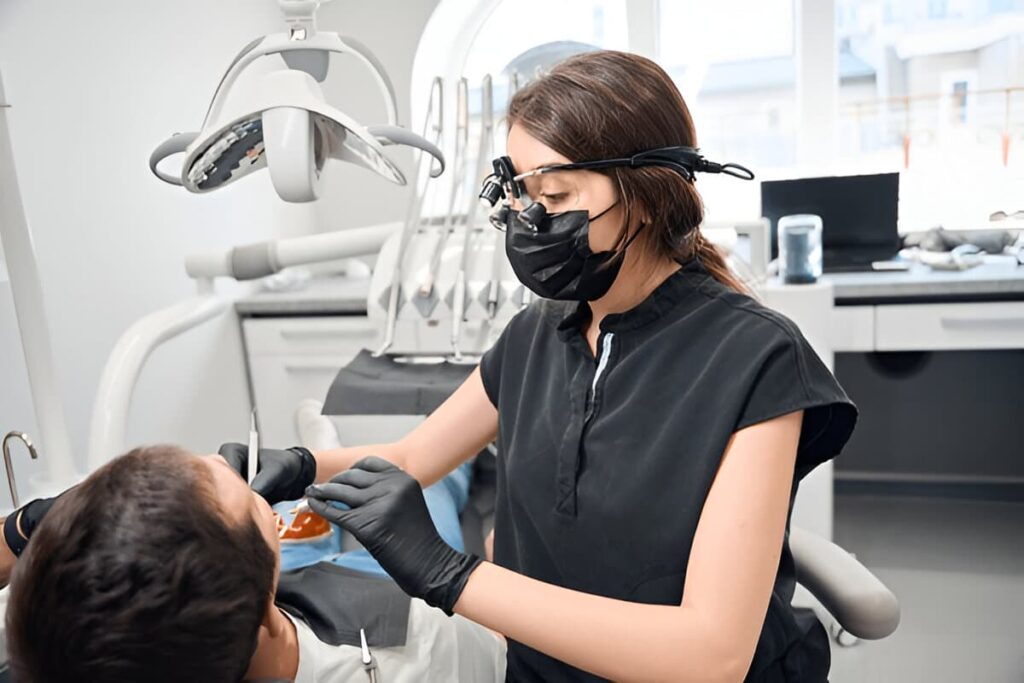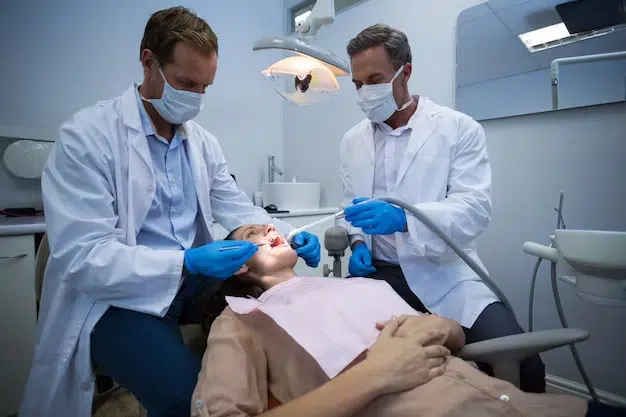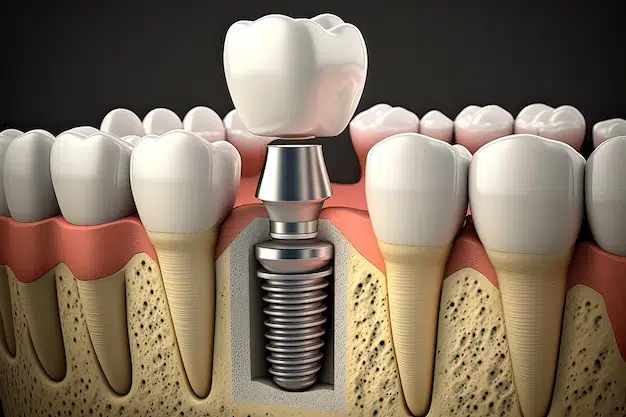Are Dental Implants Worth the Price? Breaking Down Costs and Benefits

Dental implants are widely regarded as one of the most advanced and permanent solutions for missing teeth. Long-term investments in oral health can restore functionality, improve aesthetics, and boost self-confidence. However, one major consideration for many people is the cost: are dental implants worth the price? This guide will disassemble all the elements that go […]
How Dental Implant Retained Dentures Improve Comfort and Stability

When it comes to dental solutions for patients who have lost multiple teeth, dental implant retained dentures are a game-changer. These dentures are attached to dental implants, which makes them significantly more stable and comfortable than the traditional dentures. This article will discuss how dental implants for dentures enhance comfort, stability, and quality of life […]
Affordable NHS Dental Implants in Stirling and Falkirk: A Practical Guide

Dental implants have become one of the most popular solutions to replace missing teeth. Being permanent, besides functioning like a natural tooth, makes them an attractive option for many patients. To thousands of people in the Stirling and Falkirk regions, many are known to ask themselves can I get NHS dental implants, and how is […]
Eligibility for NHS Dental Implants in Scotland: What You Need to Know

Dental implants have become a popular solution for tooth replacement, being durable, long-lasting, and natural looking compared to the use of dentures or bridges. However, there are certain requirements required to obtain Dental Implants NHS in Scotland. It is critical to know which criteria are met in relation to NHS dental implant eligibility since eligibility […]
The True Cost of Dental Implants in Glasgow: What You Need to Know Before Your Procedure

Losing a tooth can be a challenging experience, both emotionally and physically. If you’re considering dental implants in Glasgow to restore your smile and oral health, you’re not alone. These modern tooth replacements are a popular choice for many people because they offer a durable and natural-looking solution to missing teeth. But before you proceed, […]
Dental Implants vs Dentures: Choosing the Best Solution for You in Scotland

Losing teeth can be a daunting experience, but modern dentistry offers several effective ways to restore your smile and confidence. In Scotland, you have two popular options to consider: dental implants and dentures. Each solution has its advantages and drawbacks, and the right choice depends on your unique needs, oral health, and lifestyle. This guide […]
Full Mouth Dental Implants Price in Scotland: Cost and What to Expect?

Dental implants are an incredible solution for people looking to restore their smiles after losing teeth. In Scotland, a popular option for those who want a lasting fix is full-mouth dental implants. These implants are designed to give you a complete set of replacement teeth that feel, look, and function like your natural teeth. While […]
What Are Dental Implants Made Of?

Dental implants have revolutionized the way we address tooth loss. They’re durable, effective, and can restore both function and aesthetics to a smile. But have you ever wondered What Are Dental Implants Made Of? Understanding the materials used in dental implants can help you make an informed decision if you’re considering this option for tooth […]
How to Treat Infection Around Dental Implant?

Dental implants are a game-changer for anyone who’s lost a tooth. They bring back not just your smile but also your confidence. But, like anything else, they come with their own set of potential issues. One of the biggest concerns is infection around the implant. Let’s dive into everything you need to know about How […]
Relieve Pain from Dental Implants: A Comprehensive Guide

Welcome to our comprehensive guide on relieve pain from dental implants. Dental implant surgery is a common procedure for replacing missing teeth and restoring oral function and aesthetics. While the benefits of dental implants are numerous, some patients may experience discomfort during the recovery process. In this blog, we will delve into the various factors […]
